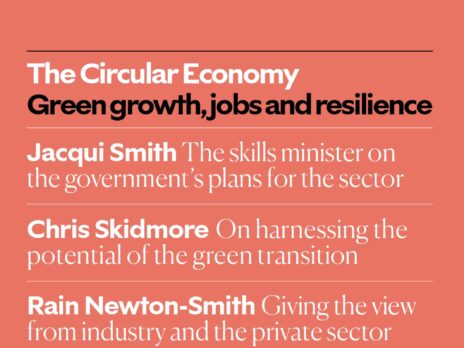If you love wine, Georgia matters. Since seceding from the Soviet Union in April 1991, this small nation of 3.7 million people has been trying to wrench its compass heading away from the Russian north and reset it towards towards the European west. Its wines have come west, too. In the process, the wine world has found its matriarch.
Georgia can’t yet compete with France or Italy in terms of the diversity of its offer, nor in the intricate finesse of its elite wines. It can’t compete with Napa or Sonoma for glamour, nor with Australia and New Zealand for wine science, technical precision and tourist ease. Compared with Georgia’s attested 8,000-year history of pure-wine creation, though, these rivals are all talented children. Their turn of speed has come lately.
A small but celebrated proportion of Georgian wine is still made neolithically: naturally fermented in intact bunches in large, buried, wax-lined clay vessels called qvevri. Like other neolithic technology (wheels, wells, looms and bricks), qvevri work magnificently when approached with care and insight. Winegrowers worldwide are now experimenting with them again, and the amber wine category they have mothered – textured, even tannic wines made from white grapes with intensely complex fermentative profiles – has brought new richness to the wine world.
The matriarch guards a genetic treasure chest. More than 500 indigenous varieties have been recorded in Georgia; most are little-used or unused today. Some 75 per cent of the country’s 50,000 hectares of vines are white, the rest red, and the two dominant varieties are the adaptable white Rkatsiteli and exuberant red Saperavi. Both give characterful, vital wines. Saperavi, indeed, can be confrontational in youth, but acquires the wisdom of age swiftly. Georgia’s quiescent resource may prove valuable as climate change stresses the world’s existing variety set.
The nation’s process of turning west, though, is troubled; its giant northern neighbour is by turns petulant and aggressive. In 2006, Russia – Georgia’s most significant wine-export client – banned wine and mineral-water imports from Georgia. This petulance backfired, catalysing the latter’s efforts to develop new markets; the ban was rescinded in 2012.
Russia has had more success with aggression, claiming the separatist regions of Abkhazia in 1993 and Tskhinvali-South Ossetia after its August 2008 invasion of Georgia. UN resolutions aside, Russia suffered few consequences. The seizure of Crimea in 2014, and the invasion of Ukraine in 2022, look disquietingly familiar in Tbilisi. Now, an attempt at Georgian state capture is underway, fronted by the Moscow-friendly Georgian Dream party, in power since October 2012, and led by the oligarch Bidzina Ivanishvili. Georgia’s elections on 26 October are existential. If it wins, Georgian Dream is proposing outlawing key political opposition parties, in effect terminating Georgia’s already-frozen hopes of EU accession and hastening a new one-party state.
This has critical implications for Georgia’s wine future, as it does for every other aspect of life in this open and welcoming society. Russia is a greedy but undiscriminating customer for Georgia’s wines, cherishing inexpensive semi-sweet reds above all. After a late-19th- and early-20th-century quality-wine surge, the Soviet decades traumatised Georgia with frenzied productivism.
Free exchange with global wine-producing cultures is essential if, for example, most Georgian wines (produced not in qvevri but conventionally) are to attain the complexity and diversity that their industry’s 8,000-year heritage merits. Young Georgian winemakers need to travel to work in Piedmont, in Beaune, in Rioja and in Bordeaux. Georgia’s vineyards need further study; regions other than the dominant Kakheti need consultative and infrastructural help. And winemakers, like all Georgian citizens, need to be able to tell the truth, protected by law, in a functioning democracy. We will know in a month if the matriarch can breathe again.
[See also: The best rosés are all subtlety]
This article appears in the 02 Oct 2024 issue of the New Statesman, The fury of history






